What Really Happens When Someone Objects at a Wedding: A Behind-The-Scenes Look
Weddings are often a joyous and anticipated event filled with love, celebration, and a few jitters. However, there is one moment that can raise the tension significantly: the line, “Speak now, or forever hold your peace.” While in many ceremonies, this phrase is merely traditional, and actual objections are rare, they can and do occur. This article aims to delve into the behind-the-scenes of what really happens when someone objects at a wedding.
The Importance of Knowing the Implications of a Wedding Objection
Understanding the potential implications of a wedding objection is crucial for all parties involved, especially the couple and the officiant. These objections, although rare, can cause considerable emotional distress and may disrupt the flow of the ceremony. Understanding the possible implications helps to anticipate, prepare for, and handle such situations more effectively.
Notably, knowing the implications can also play a significant role in preventing potential objections. For instance, if guests understand the seriousness and potential consequences of objections, they may think twice before disrupting the event. Additionally, the couple themselves can take steps to ensure that they have handled any potential contentious issues ahead of time.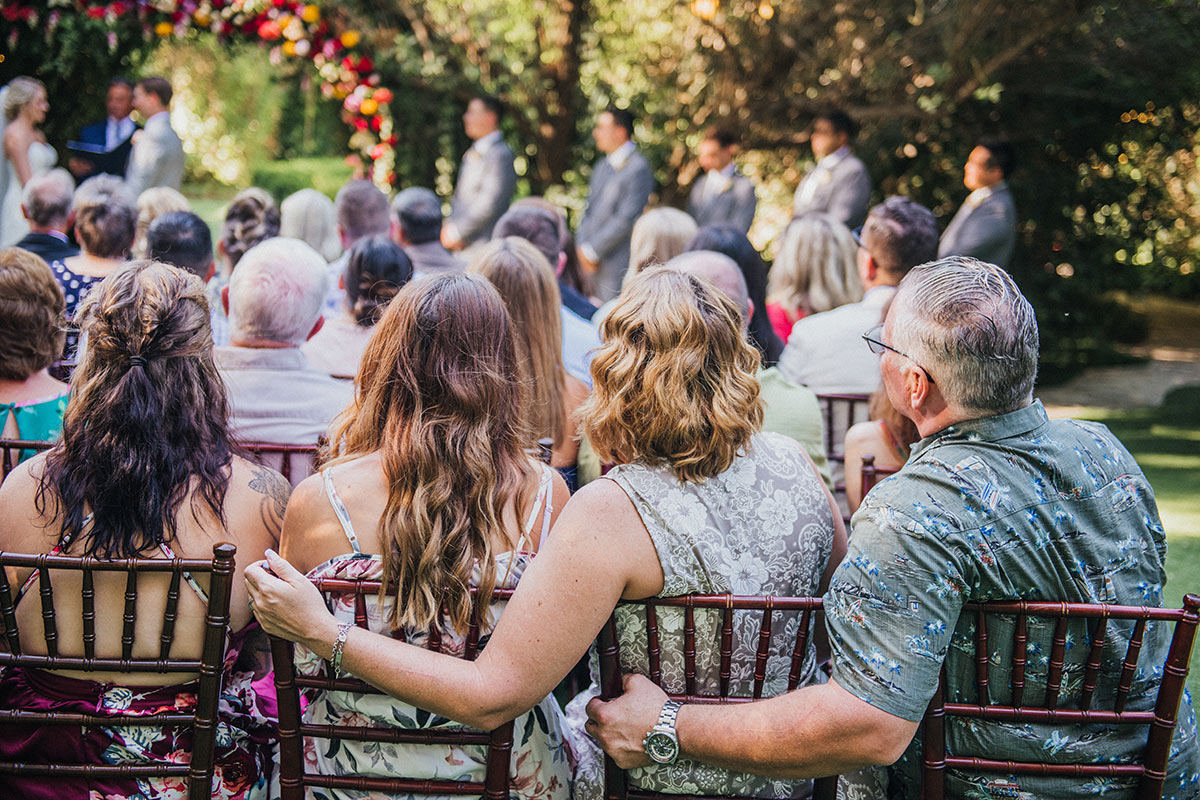
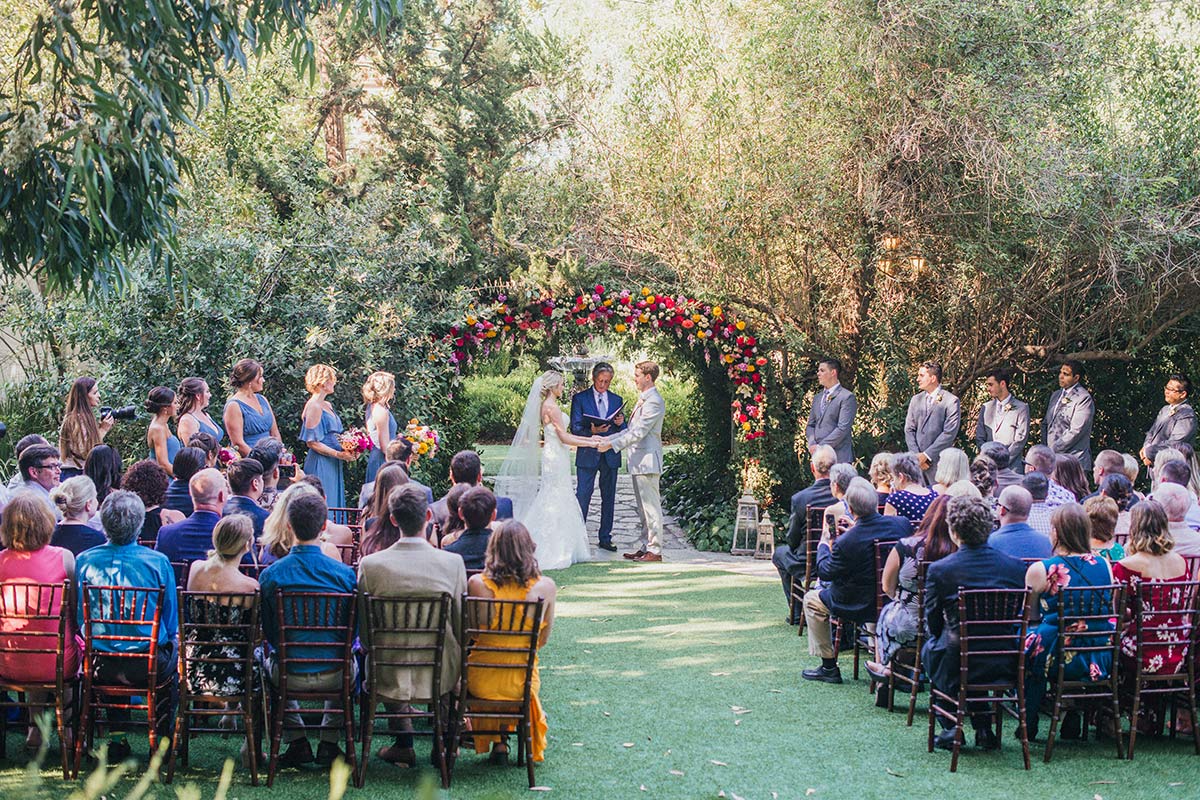

Moreover, it is important to understand the legal implications of a wedding objection. This knowledge can provide a framework for determining whether an objection is valid and requires legal consideration, or whether it’s purely emotionally driven and can be handled privately.
The Historical Significance and Origin of Wedding Objections
The tradition of soliciting objections during a wedding ceremony has historical roots. In the past, this was often a legal necessity, serving as a final opportunity to present objections based on legal grounds, such as existing marriages, familial relations, or any other legally binding impediment.
Originally, the phrase “speak now or forever hold your peace” wasn’t merely a dramatic phrase in movies; it was a serious part of the wedding process, particularly in Christian ceremonies. It was considered a moral obligation to ensure that the marriage about to take place was lawful and acceptable in the eyes of the community.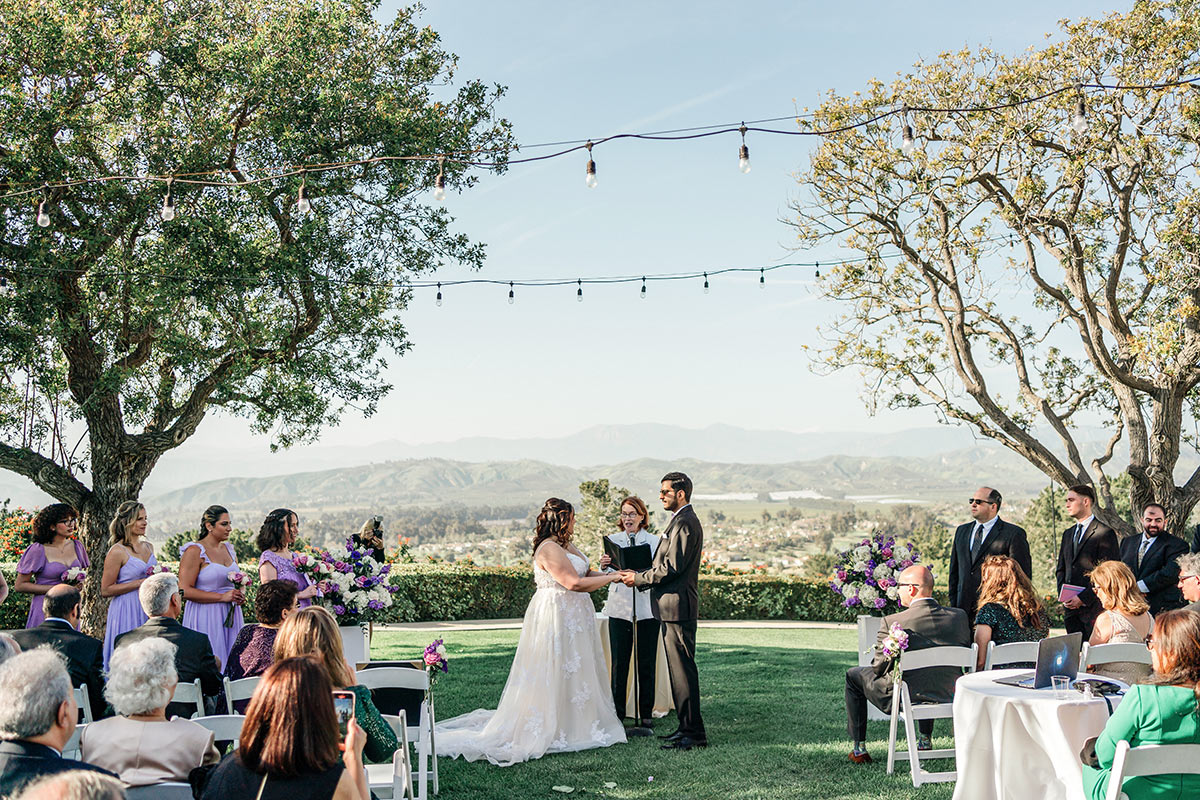

In modern weddings, this phrase is often included more for tradition than actual legal concerns. The chance of an objection being raised is quite rare and is typically not expected at the ceremony. However, the historical significance of this tradition provides a context to understand the potential gravity of a wedding objection.
Understanding Wedding Objections: Myths vs Reality
One of the most pervasive myths about wedding objections is that they frequently happen, a belief often propagated by popular media. Films and TV shows have perpetuated the dramatic trope of a scorned lover bursting into the ceremony to confess their love or reveal shocking secrets just in time to halt the proceedings. However, in reality, such dramatic objections are exceedingly rare. Most weddings go off without a hitch, and the phrase “speak now or forever hold your peace” is more a nod to tradition than a genuine invitation for objections.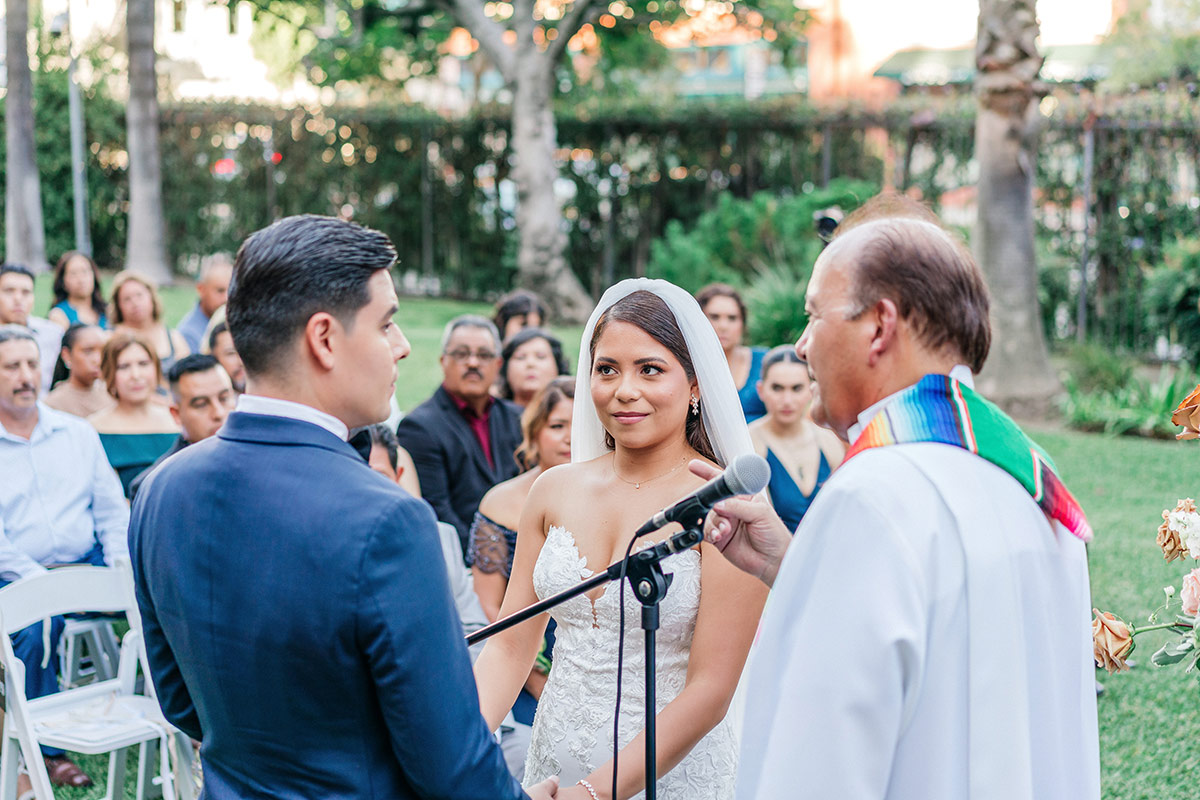

There is often a mistaken belief that if someone objects at a wedding, it is sufficient to bring the proceedings to an abrupt halt. In truth, for an objection to legally halt a wedding, it must have a valid legal basis such as undisclosed marital status or close blood relationship. Personal grievances, dislikes, or romantic declarations, while potentially disruptive and dramatic, do not hold the legal power to prevent a marriage. Understanding the difference between these myths and the reality can help mitigate some of the anxiety surrounding the potential for wedding objections.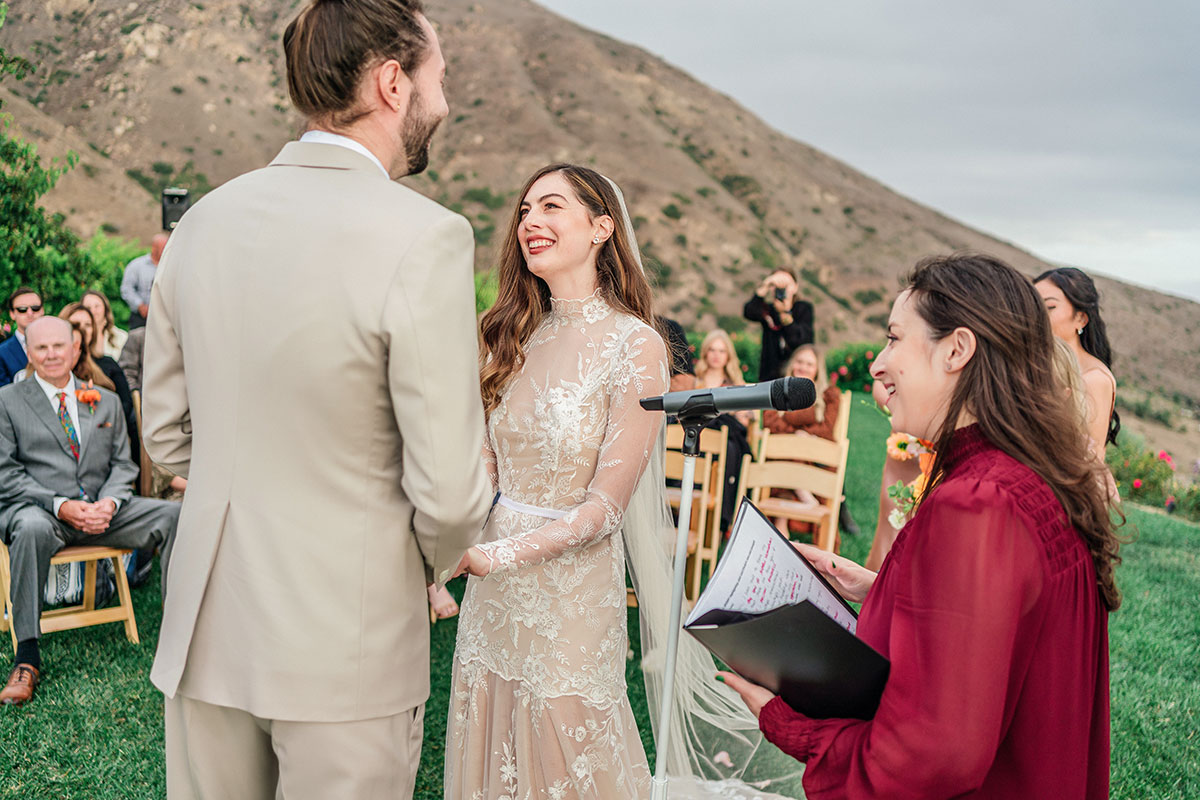

The Moment of Objection: What Actually Happens
The moment someone objects at a wedding can be filled with shock and surprise. This reaction is quite typical given the rarity of such an occurrence in modern ceremonies. In response to the objection, the officiant will usually halt the proceedings temporarily, providing an opportunity for the individual raising the issue to articulate their concerns. The reaction this provokes in the couple and guests can greatly vary, largely dependent on the nature of the objection raised.
The officiant is then often called upon to navigate this unexpected situation, adopting a mediator’s role to assess the grounds and validity of the objection. Depending on the unique circumstances, they might decide to address the concern privately with the objector and the betrothed, or alternatively, deem the objection invalid and proceed with the ceremony as planned.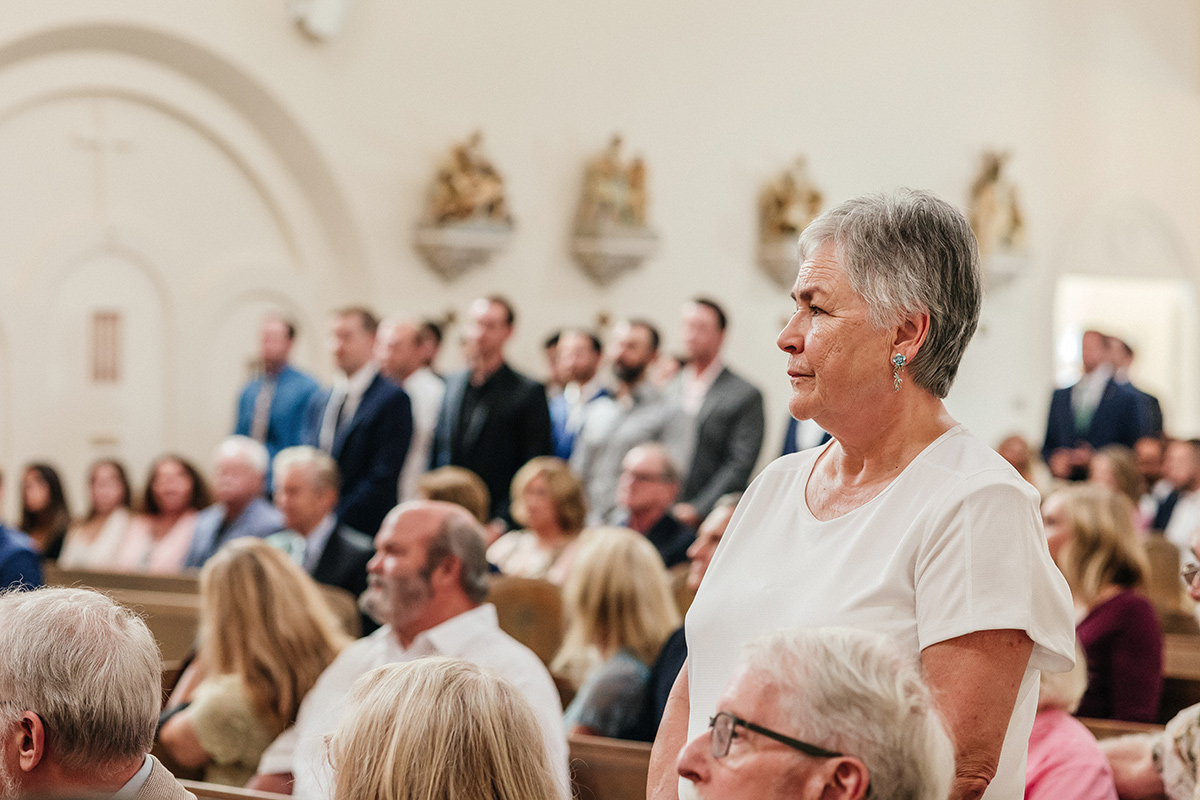
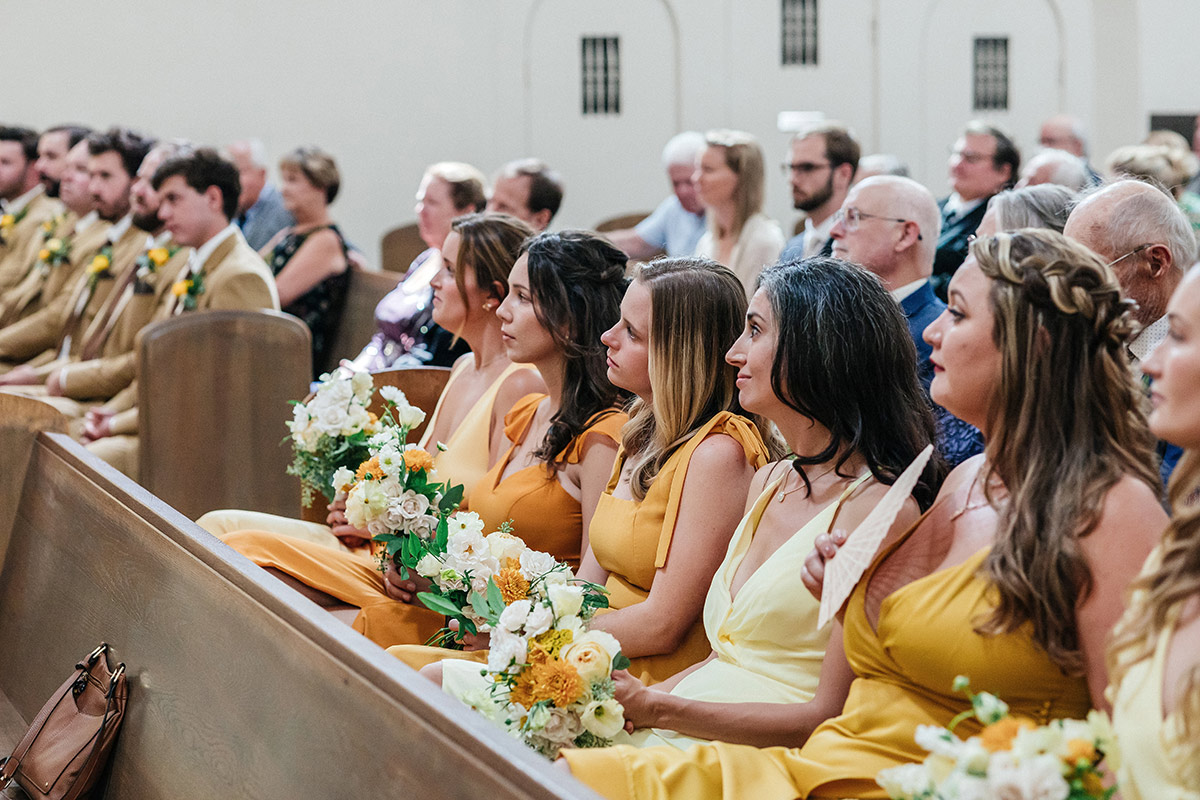
The Legal Perspective: Can a Wedding be Stopped Due to an Objection?
From a legal standpoint, a wedding can indeed be stopped due to an objection, but only if the objection has legal merit. Such instances could include one of the parties being already married, not being of legal age to marry without consent, or if the couple is closely related by blood.
However, most objections that could legally stop a wedding are caught in the early stages of wedding planning when the couple applies for a marriage license. Legally invalid objections, which are based on personal reasons or sentiments, do not have the power to halt a wedding ceremony. In some cases, the officiant may choose to proceed with the ceremony despite the objection, leaving any potential legal disputes to be resolved after the wedding. However, it’s crucial to note that officiants may face legal repercussions if they knowingly officiate a wedding with a valid legal objection.
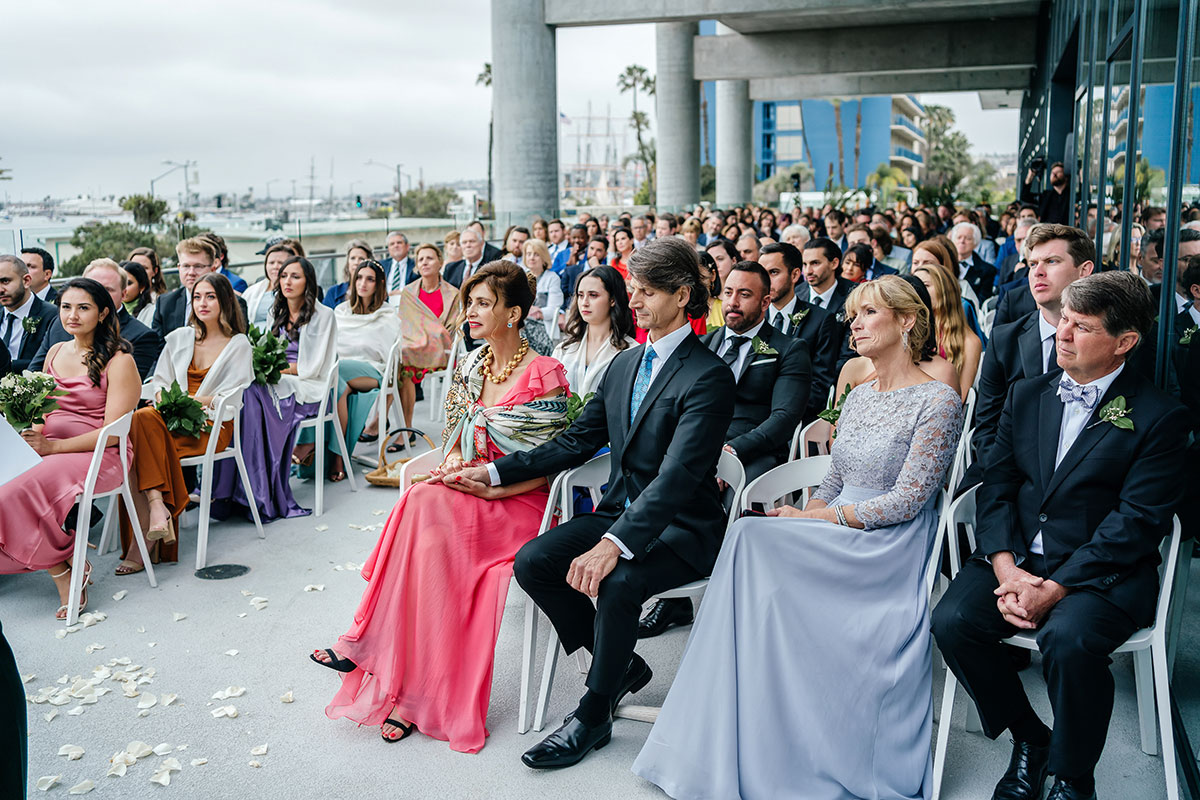
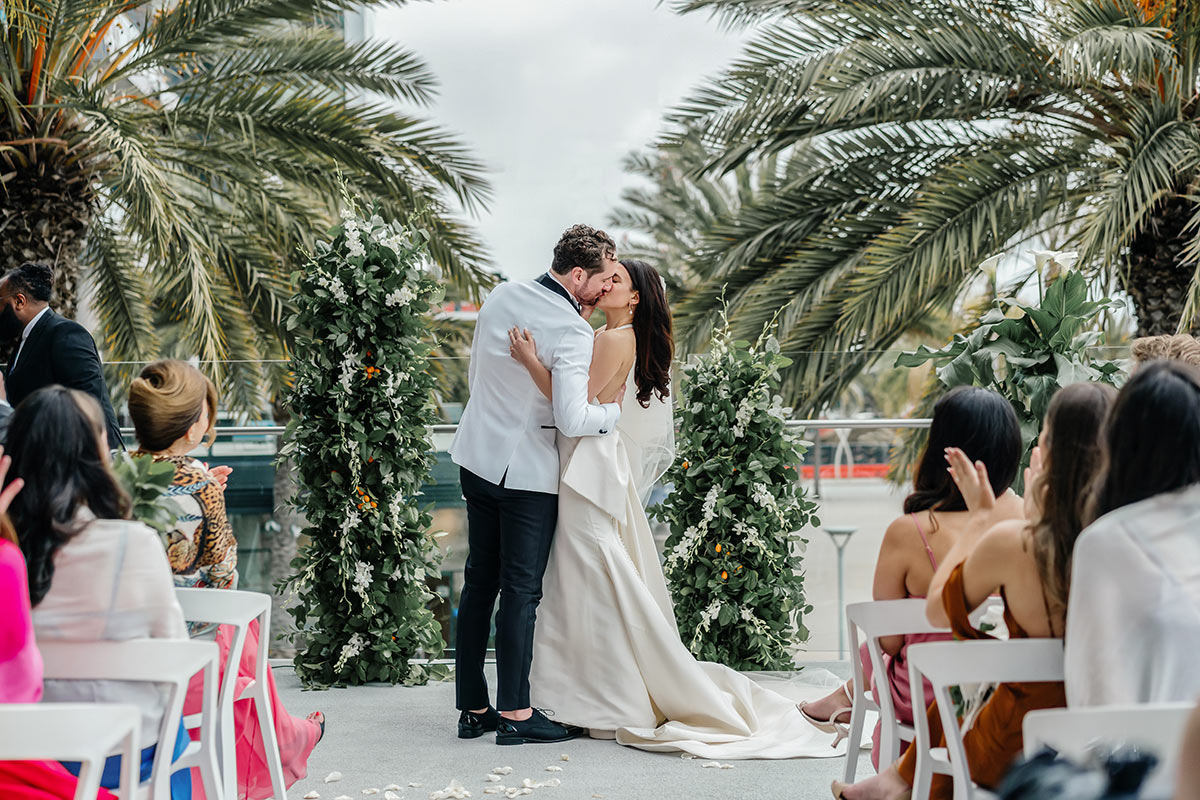
The Social Consequences: The Impact on the Wedding Ceremony and Reception
The social implications of an objection at a wedding can be extensive and long-lasting. In the immediate context of the ceremony, an objection can disrupt the flow and alter the overall tone of the event. An atmosphere of celebration and joy can suddenly shift to one of shock, confusion, and even embarrassment. This moment of discomfort can be etched into the memories of the couple and the attendees, potentially overshadowing the otherwise joyous occasion. In particular, the couple may feel a sense of embarrassment or humiliation, while guests may experience awkwardness and uncertainty about how to react or provide support.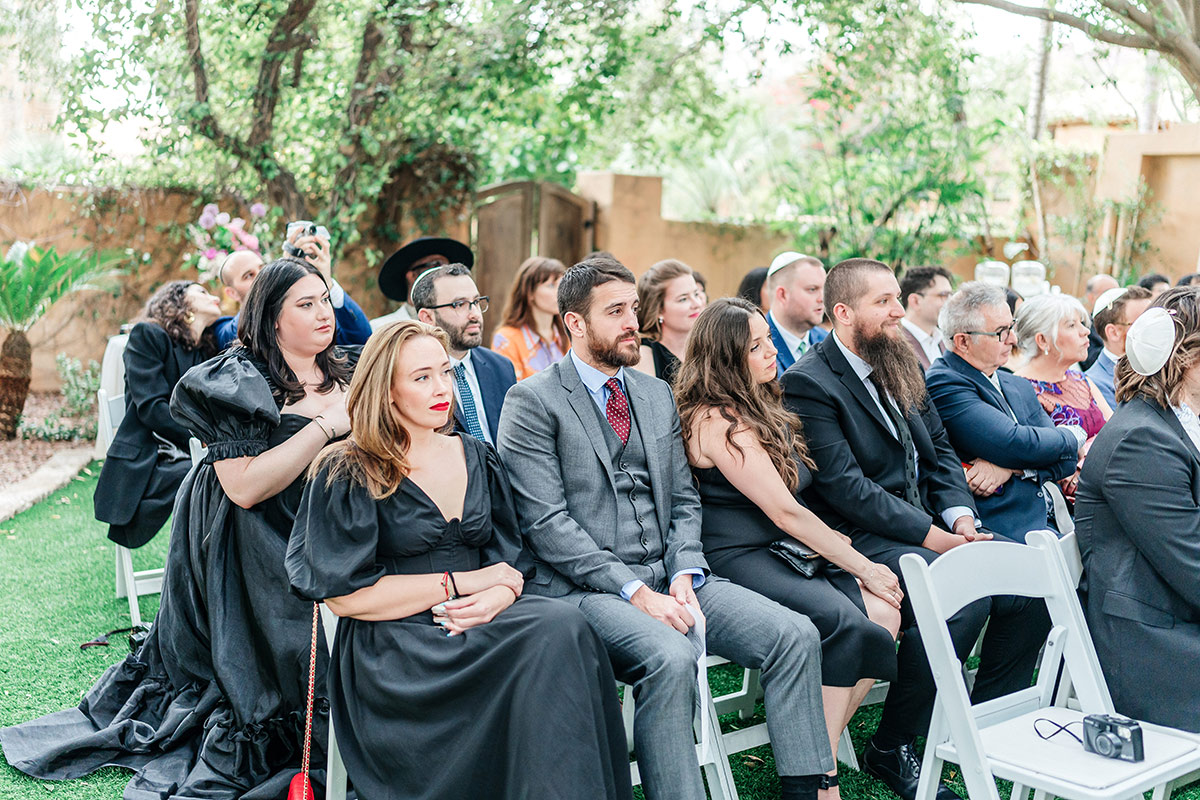

When someone objects at a wedding, the effects can resonate far beyond the initial moment of surprise. This is particularly noticeable during the ensuing reception, where the atmosphere and guest interactions can still be influenced by the earlier objection. The objection can become a central topic of discussion, causing further discomfort for the couple and the attendees. Depending on the nature and validity of the objection, it may also affect relationships moving forward. Those close to the couple may feel resentment or hostility toward the objector, which can strain familial or social bonds. In severe cases, the objection may even impact the couple’s relationship, especially if it brought to light previously unaddressed issues.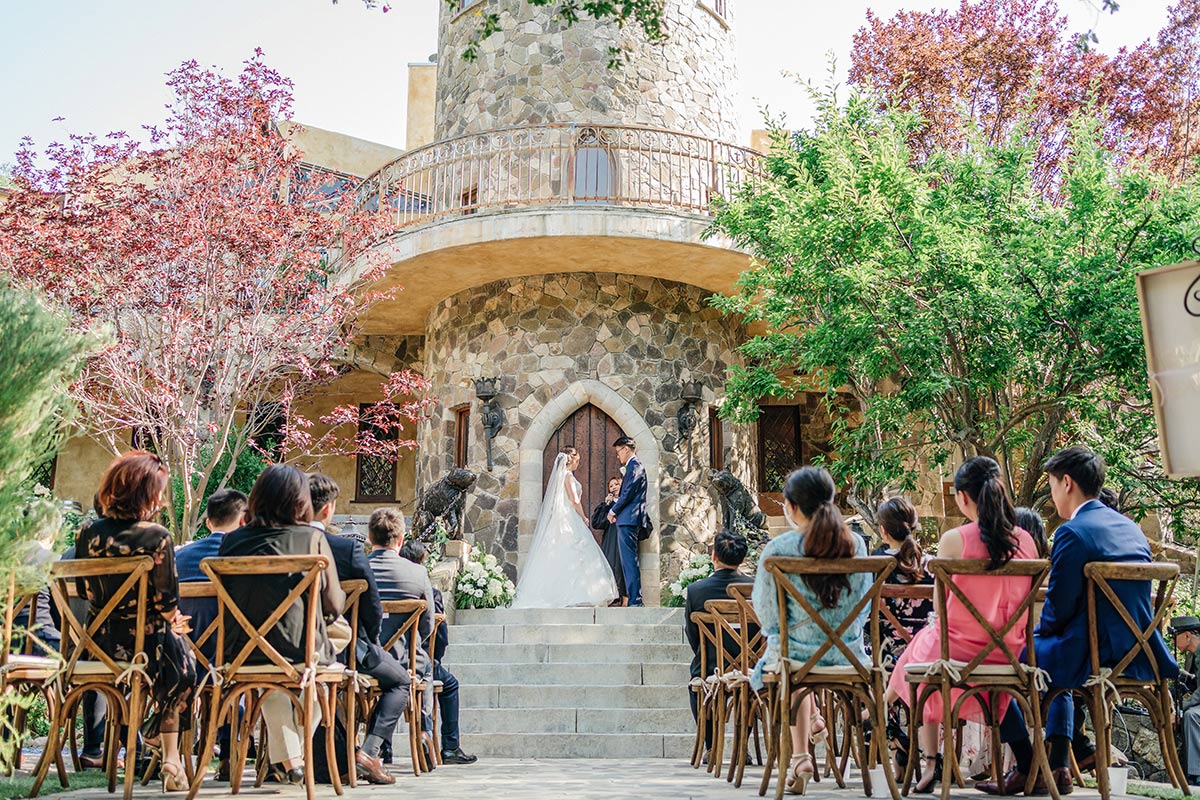
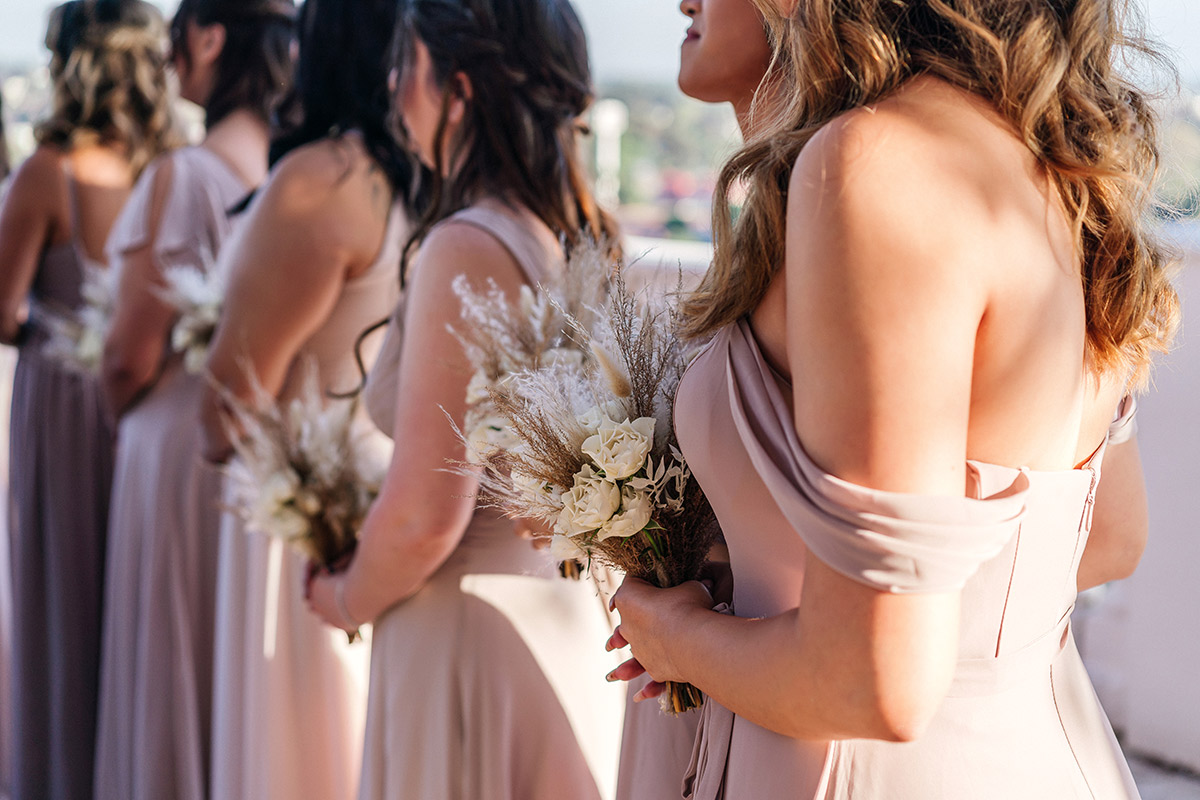
Real Stories: Unforgettable Wedding Objections and their Outcomes
There are several real-life accounts of wedding objections that have left a lasting impact on those present. One such story involves an ex-lover objecting based on the claim that the groom was still in love with her. The groom denied this, and after a private discussion with the couple, the officiant proceeded with the wedding.
In another instance, a wedding was objected to on the grounds that the bride was already married. The ceremony was immediately halted, and it was later discovered that the bride’s previous divorce hadn’t been finalized. This case illustrates the potentially significant legal consequences of a wedding objection.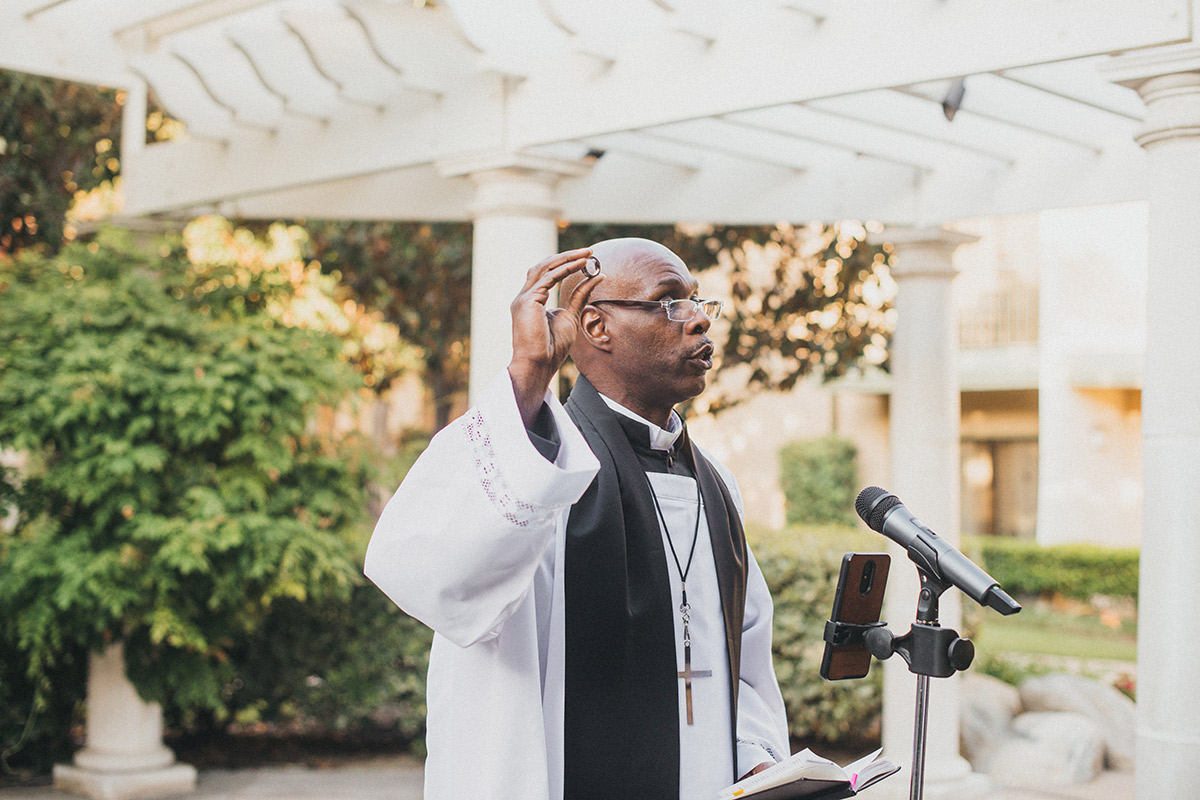

A more positive story revolves around a wedding where the bride’s estranged father stood up to object, not to stop the wedding, but to apologize for his absence in her life and to offer his blessing. This emotional moment brought the entire room to tears and ended in a heartwarming father-daughter dance at the reception.
Tips for Managing Potential Objections
Managing potential objections begins with thorough preparation. One crucial step is to ensure that all legalities are addressed ahead of the wedding. This includes checking that both parties are legally able to marry and that no legal impediments could give rise to an objection. Open communication with family and friends in the lead-up to the wedding can also help to preemptively resolve personal issues that might otherwise lead to objections. The couple might consider having a conversation with their close family and friends to check if there are any concerns or issues.
In the unlikely event that someone objects at a wedding during the ceremony, the paramount response is to maintain a state of calm and composure. A pre-discussed plan with the officiant could be beneficial in this situation. The officiant can momentarily pause the ceremony to allow the objector to elaborate on their concerns, ideally away from the main event to avoid escalating the situation. The couple and the officiant can then decide how to proceed based on the nature of the objection. Post-wedding, if the objection was of a personal nature, it may be helpful to seek mediation or counselling to resolve any lingering issues. This can assist in maintaining relationships and moving forward from the incident in a positive way.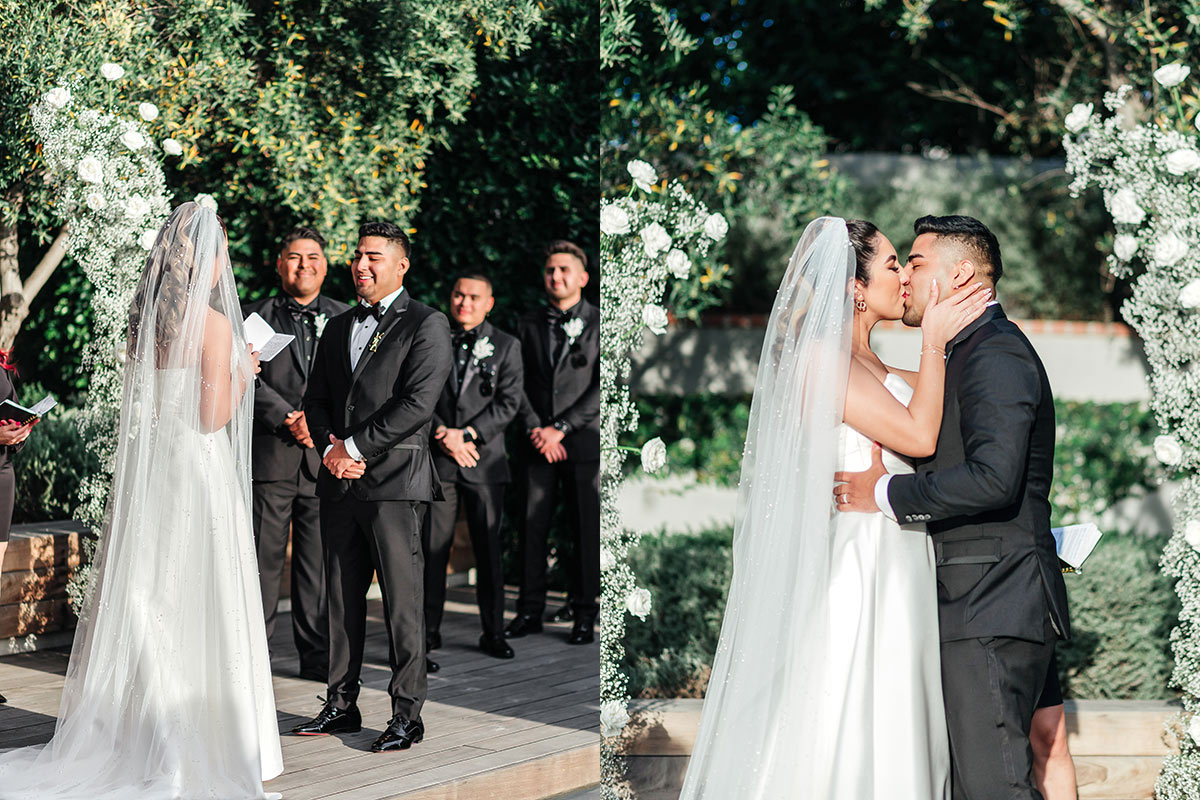
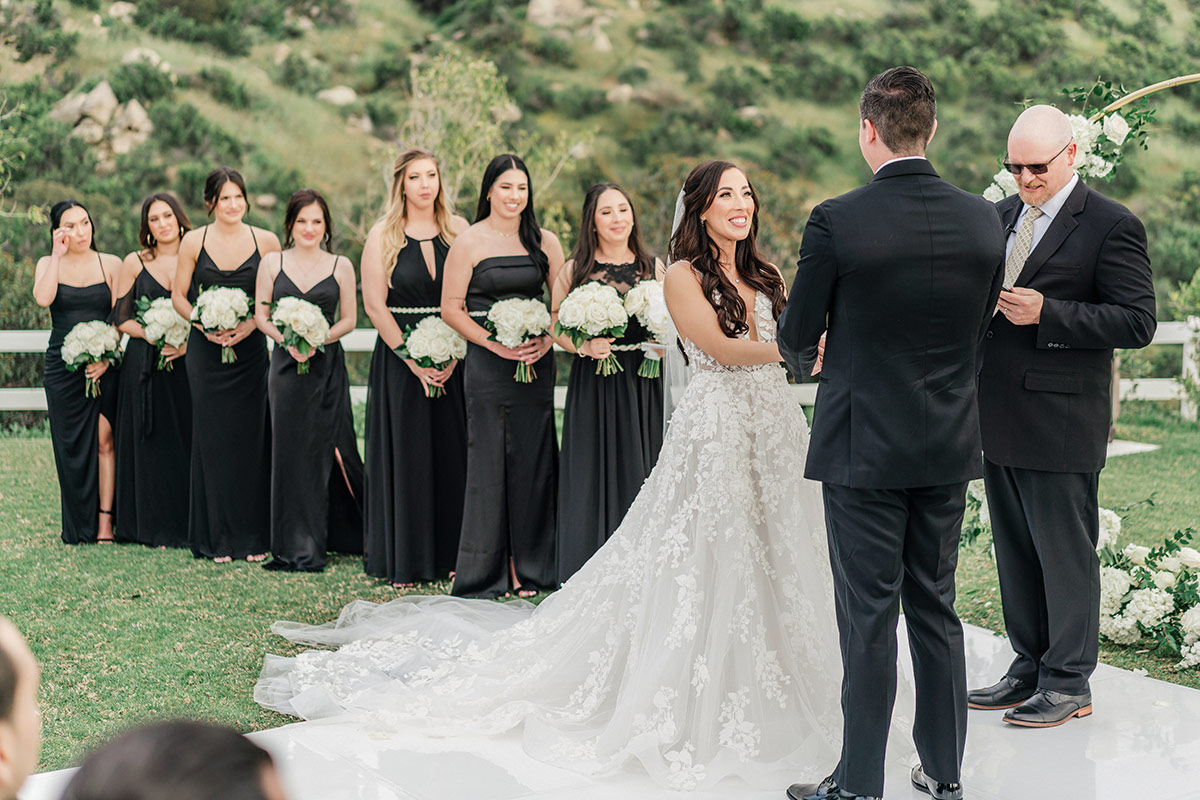
In conclusion, while it’s natural to feel some anxiety over the potential that someone objects at a wedding, disrupting what should be a joyous celebration, it’s important to keep in mind that such instances are quite rare. As such, newlyweds need not let the fear of objections overshadow their joy. Instead, they can focus on the beautiful commitment they’re about to make, revel in the festivities, and eagerly anticipate the creative work of their chosen wedding photographer, capturing timeless memories on their special day.
